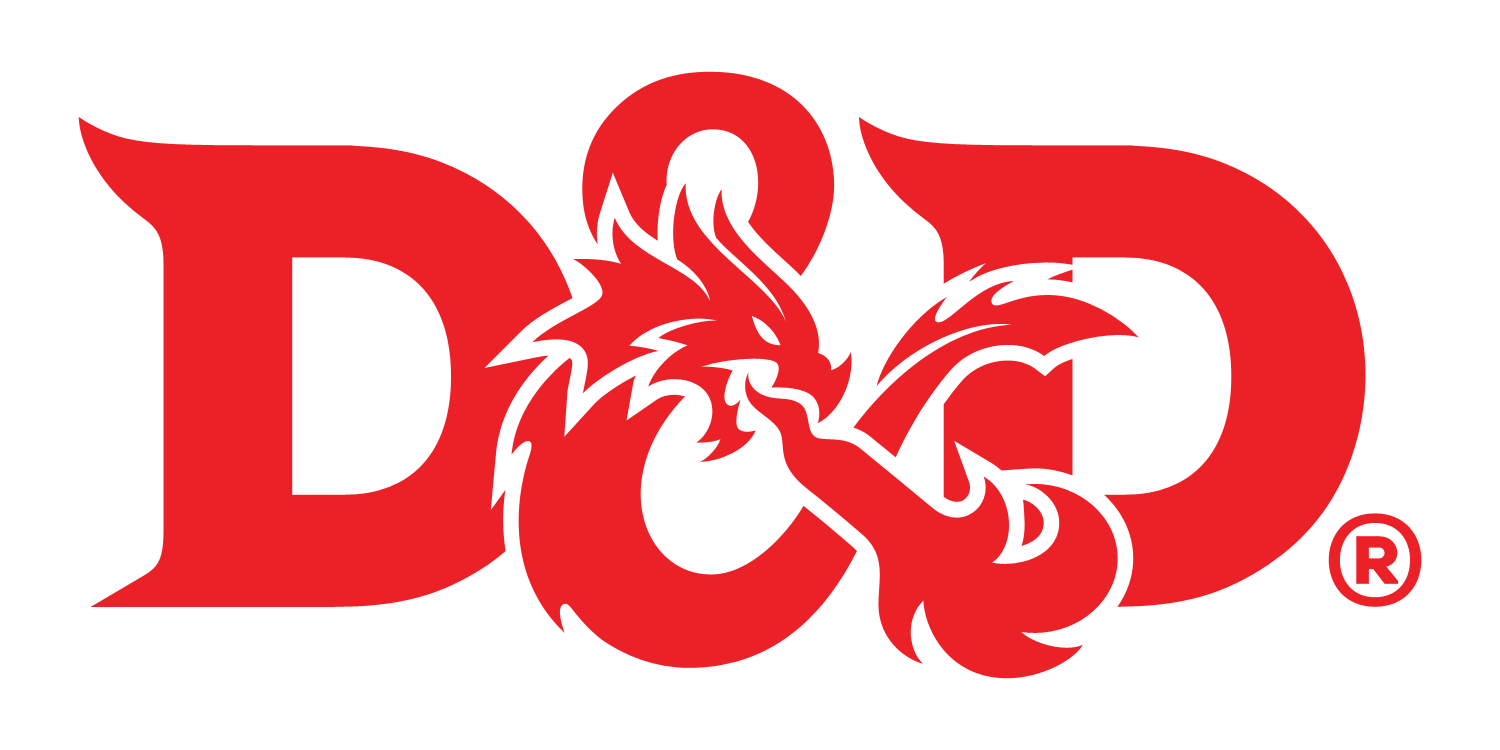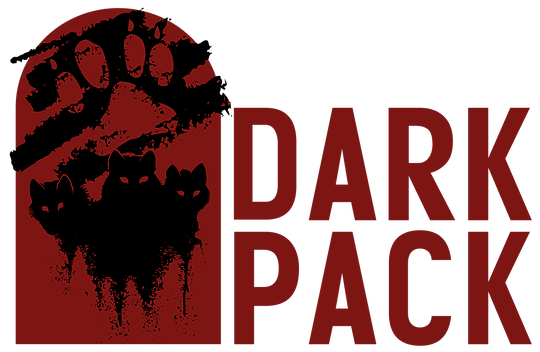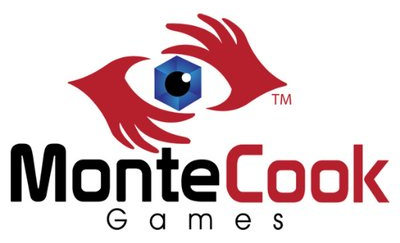Koiskian - Koisk
Natively known as: koisk /ˈkoisk/
...and he stood holding his hat and turned his wet face to the wind...ta mos atamt kap mos horru ta chik mos yum him rilshï u
Pronunciation: /ta mos ˈatamt kap mos ˈhorru ta ʧik mos jum him ˈrilçɨ u/
Koiskian word order: and he stood holding his hat and turned his wet face the wind to
Spelling & Phonology
Consonant inventory: h j k l m p r s t w ç ʧ| ↓Manner/Place→ | Bilabial | Alveolar | Palato-alveolar | Palatal | Velar | Glottal |
|---|---|---|---|---|---|---|
| Nasal | m | |||||
| Stop | p | t | k | |||
| Affricate | ʧ | |||||
| Fricative | s | ç | h | |||
| Approximant | j | |||||
| Trill | r | |||||
| Lateral approximant | l |
| ↓Manner/Place→ | Labial-velar |
|---|---|
| Approximant | w |
| Front | Central | Back | |
|---|---|---|---|
| High | i | ɨ | u |
| High-mid | e | o | |
| Low | a |
Stress pattern: Penultimate — stress is on the second last syllable ? Spelling rules:
| Pronunciation | Spelling |
|---|---|
| ɨ | ï |
| j | y |
| ç | sh |
| ʧ | ch |
Grammar
Main word order: Subject Verb Object (Prepositional phrase). “Mary opened the door with a key” turns into Mary opened the door with a key.Adjective order: Adjectives are positioned before the noun.
Adposition: postpositions ?
Nouns
| Singular | Suffix -u mipsishu /mipˈsiçu/ dog |
| Plural | No affix mipsish /ˈmipsiç/ dogs |
Articles
| Definite | ak /ak/ the |
| Indefinite | sam /sam/ a, some |
- Definite article can be omitted: ‘I am going to supermarket’
- Used to talk about countable nouns in general: English’s ‘I like cats’ would translate to ‘I like the cats’
- Not used for mass (uncountable) nouns: ‘Walking in the mud’ would always translate to ‘Walking in mud’.
- Used for personal names in third person: ‘The Maria has left for school’
- Used for languages: ‘The English’
- Used with place names: ‘The London’
- Not used for non-specific mass (uncountable) nouns: non-specific means ‘Would you like some (any) tea?’ whereas specific means ‘Some tea (a specific amount) fell off the truck’
Pronouns
| Nominative | Accusative | |
|---|---|---|
| 1st singular | church /ʧurʧ/ I | wïsht /wɨçt/ me |
| 2nd singular | ke /ke/ you | i /i/ you |
| 3rd singular | mos /mos/ he, she, it | kï /kɨ/ him, her, it |
| 1st plural | wut /wut/ we | si /si/ us |
| 2nd plural | he /he/ you all | kip /kip/ you all |
| 3rd plural | ho /ho/ they | lï /lɨ/ them |
Possessive determiners
| 1st singular | church /ʧurʧ/ my |
| 2nd singular | ke /ke/ your |
| 3rd singular | mos /mos/ his, her, its |
| 1st plural | wut /wut/ our |
| 2nd plural | he /he/ your (pl) |
| 3rd plural | ho /ho/ their |
Verbs
| 1st singular | Suffix -i iski /ˈiski/ (I) learn/learned/will learn |
| 2nd singular | If ends with vowel: Suffix -ls Else: Suffix -als iskals /ˈiskals/ (you) learn/learned/will learn |
| 3rd singular | Suffix -uʧ iskuch /ˈiskuʧ/ (he/she/it) learns/learned/will learn |
| 1st plural | If ends with vowel: Suffix -ljo Else: Suffix -eljo iskelyo /isˈkeljo/ (we) learn/learned/will learn |
| 2nd plural | Suffix -umt iskumt /ˈiskumt/ (you all) learn/learned/will learn |
| 3rd plural | If ends with vowel: Suffix -m Else: Suffix -em iskem /ˈiskem/ (they) learn/learned/will learn |
| Past | Particle before the verb: jo - yo isk /jo isk/ learned |
| Future | Particle before the verb: çoç - shosh isk /çoç isk/ will learn |
Progressive aspect
The ‘progressive’ aspect refers to actions that are happening at the time of speaking, such as I am learning.Koiskian uses an affix for progressive:
| Progressive | If ends with vowel: Suffix -sk Else: Suffix -osk iskosk /ˈiskosk/ is learning |
Habitual aspect
The ‘habitual’ aspect refers to actions that happen habitually, such as I learn (something new every day), as opposed to actions that happen once (I learned something).Koiskian uses a standalone particle word for habitual:
| Habitual | Particle before the verb: ja - ya isk /ja isk/ learns |
Numbers
Koiskian has a base-10 number system: 1 - som2 - wu
3 - mo
4 - ya
5 - hill
6 - shï
7 - rikamt
8 - ye
9 - wop
10 - itlu
Hundred - cho
Thousand - hich
Derivational morphology
Adjective → adverb = If ends with vowel: Suffix -çElse: Suffix -eç
Adjective → noun (the quality of being [adj]) = Suffix -ɨ
Adjective → verb (to make something [adj]) = Suffix -ɨ
Noun → adjective (having the quality of [noun]) = Suffix -ok
Noun → adjective relating to noun (e.g. economy → economic) = If ends with vowel: Suffix -m
Else: Suffix -am
Noun to verb = If ends with vowel: Suffix -m
Else: Suffix -am
Verb → adjective (result of doing [verb]) = Suffix -amt
Tending to = Suffix -is
Verb → noun (the act of [verb]) = If ends with vowel: Suffix -m
Else: Suffix -ɨm
Verb → noun that verb produces (e.g. know → knowledge) = Suffix -es
One who [verb]s (e.g. paint → painter) = Suffix -ɨp
Place of (e.g. wine → winery) = If ends with vowel: Suffix -s
Else: Suffix -is
Diminutive = Suffix -is
Augmentative = Suffix -ɨʧ





Comments